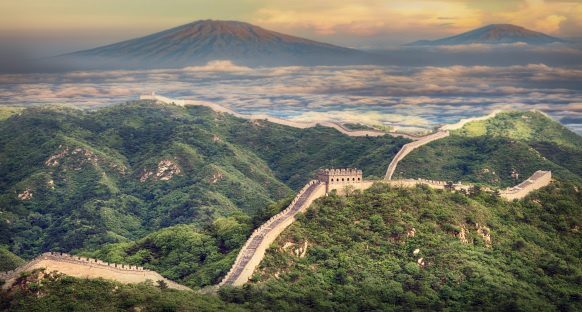 Imperial China – Land & People
Imperial China – Land & People
The first WEA course of the decade is on the subject of Imperial China. China, as one of the oldest continuous civilisations, is currently undergoing dramatic change; it has emerged as a major world economy.
David Prynn investigates more than 4,000 years of China’s turbulent past and brilliant cultural achievements prior to the Xinhai Revolution in 1911.
You will learn about the dynasties from the Xia dynasty, established around 2,100 BC, to the Qing dynasty which was supplanted by the Communists. You will also look into the period of decay and exploitation by the west in the 19th century. This course is an essential background to a full understanding of modern China.
- Introduction to China’s landscape and people;
- Continuity in China’s civilization and culture;
- Great dynasties;
- Strengths and weaknesses of the imperial system of China;
- Impact of the West;
- Decline and fall of the Chinese empire in the 19th and early 20th centuries; the rise of Republicanism.
Enrolment
The course begins on Tuesday 21st January 2020 in the Methodist Hall, Chapel Lane, West Bergholt. CO6 3EF at 7.45 pm; it runs over 10 weeks. The cost is £58 (which includes refreshments) and you can enrol now:
- online at wea.org.uk.
- or phone 0300 303 3464 (course reference C2226665).
For further information you can also call the local WEA contact, Gill Poole, on 01206 240512 or email at [antibot mailto=”[email protected]”]. If you receive certain benefits you may be entitled to a free course.
The local WEA is a friendly group, why not pop along and try the course out?
By the end of the course you should be able to:
- Explain and identify continuities in Chinese history, from its ancient culture to the end of imperial rule.
- Indicate significant political, social and economic changes in China in the 18th and 19th centuries.
- Select and analyse the significant environmental challenges in imperial China.
- Assess China’s changing place in the world in the 18th and 19th centuries; also how this has influenced China’s situation today.
What else do I need to know? Is there anything I need to bring?
Nothing other than an interest in China and Chinese matters, and pen and paper for taking notes.




